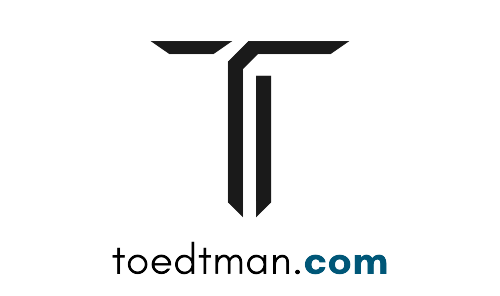“Realize what you really want. It stops you from chasing butterflies and puts you to work digging gold.”
– William Marston
What do Wonder Woman, lie detectors, our fundamental understanding of systolic blood pressure symptoms, and mapping personality style have to do with job performance? They were all either created by or contributed to by noted American psychologist William Marston, whose pen name was Charles Moulton. Marston provided the theory that fuels the DISC Profile, which employers increasingly use to assess teams, communications, and potential candidates.
In 1917, Marston developed an early prototype of the lie detector test based on his research into how emotions affect blood pressure. His seminal work, however, Emotions of Normal People [1], was published in 1928. Marston explored how an individual’s will and sense of power affect personality and human behavior. His research and writings led to a second book, published in 1931, DISC Integrative Psychology. The research presented in the two books measuring human behavior and consciousness led to the widely used DISC Test, DISC Assessment, and DISC Profile. The DiSC® model provides a common language people can use to understand themselves and those they interact with—and then use this knowledge to reduce conflict and improve working relationships.
DISC ® profiles have four key personality components:
- Dominance: Relates to control, power and assertiveness
- Influence: Relates to social situations and communication
- Steadiness: Relates to patience, persistence, and thoughtfulness
- Conscientiousness: Related to structure and organization.
DiSC® is a personal assessment tool used by more than one million people every year to help improve teamwork, communication, and productivity in the workplace. RDC also uses the assessment tool in our Retained Search services and the RDC Leading Edge Career Services. For more information, follow this link https://rdcinc.com/additional-services/
Look for the Part II blog post of Who Do You Think You Are? DISC Helps You (and Your Employer) Figure That Out. The second part of the series will demonstratehow DISC Profiles help you focus your job hunt.
Need help? Contact rdc@rdcinc.com for assistance!
[1] Emotions of Normal People, William Moulton Marston, Cooper Press (2013),(originally published Harcourt Brace, 1928, New York, New York)



